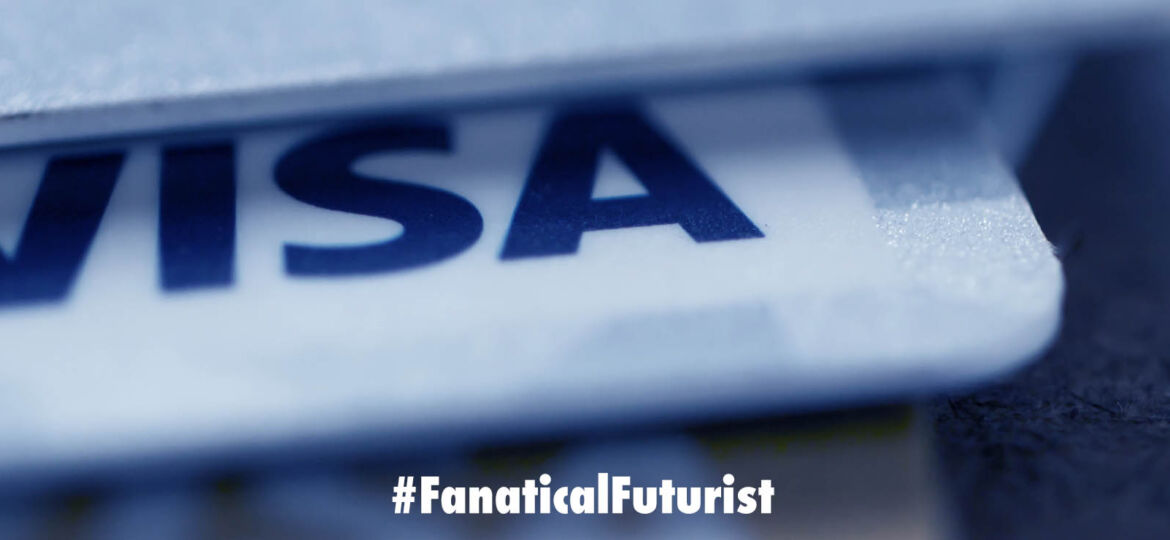
WHY THIS MATTERS IN BRIEF
Everything gets digitised and credit cards are no exception, but now VISA has issued more tokens than physical cards in a new milestone.
 Love the Exponential Future? Join our XPotential Community, future proof yourself with courses from XPotential University, read about exponential tech and trends, connect, watch a keynote, or browse my blog.
Love the Exponential Future? Join our XPotential Community, future proof yourself with courses from XPotential University, read about exponential tech and trends, connect, watch a keynote, or browse my blog.
Payments giant Visa said on Wednesday it has issued over 4 billion network tokens worldwide through its security technology Visa Token Service (VTS), which now means that the number of tokens Visa is issuing is far outpacing the total number of its physical cards in circulation. And, as we see the emergence of asset tokenisation, a Web 3.0 trend that’s worth up to a top estimate of $68 Trillion by 2030, it’s clear that VTS isn’t just a flash in the pan fad.
VTS replaces 16-digit Visa account numbers with a token that only Visa can unlock, protecting the underlying account information and is a mainstay of E-Commerce sites.
“Without exposing the consumer’s account to fraud, tokenization enables frictionless, card-free payments,” Jack Forestell, executive vice president and chief product officer at Visa, told Reuters.
The popularity of the service driven by its promise of safer online transactions corresponds with the surge in online spending since the global outbreak of COVID-19.
E-commerce volume has grown by more than 50% since the onset of the pandemic, the world’s largest payments processor said in a statement citing data from the US Department of Commerce.
Since launching VTS in 2014, Visa said it had issued 1 billion tokens by 2020, after which growth accelerated to 2 billion in 2021 before doubling this year.
The demand is not likely to ebb, with most consumers retaining the lockdown habit of swiping cards online and helped by ongoing investments from companies in making shopping on digital platforms more secure and user friendly.
“E-commerce is now happening everywhere. Online happens in-store as merchants look to provide more options for consumers. In-store, your phone can also be your Visa card,” Forestell added.
VTS, compatible with popular apps such as Alphabet’s Google Pay and Apple Pay, runs as a payments security platform offering different solutions for retail consumers as well as institutions like banks and clearing houses.
Late in July, Visa reported quarterly profit that sailed past Wall Street estimates on the back of resilient consumer spending that has so far been undeterred by red hot inflation as well as a summer travel boom across much of the US.
















